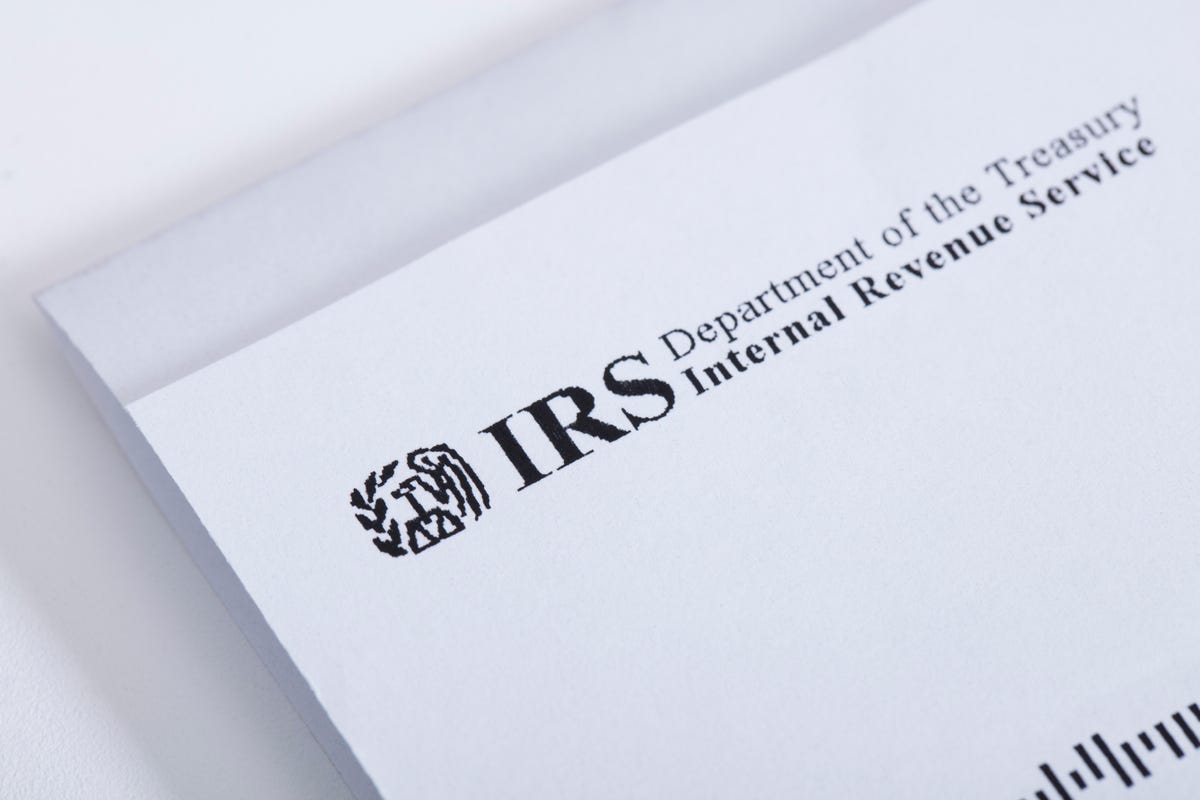
Getty
Correspondence season is in full swing. That means that the Internal Revenue Service (IRS) is sending out bills and notices to taxpayers – including correspondence focused on cryptocurrency and healthcare reporting. It may be hard for taxpayers to tell the real thing from the fakes – and scammers are taking advantage of the confusion. Here’s what you need to know.
Many taxpayers are aware that the IRS will never call to demand immediate payment over the phone, or call about taxes owed without first having mailed you a bill. To try and trick taxpayers, some scammers are sending letters, hoping that folks will take the bait.
In one version, the letter threatens an IRS lien or levy based on bogus delinquent taxes owed to a nonexistent agency called the “Bureau of Tax Enforcement.” There is no such agency. The lien notification may also reference the IRS to make you think that the letter is legitimate. The IRS warned taxpayers about this trick – and others – earlier this summer. You can read about those recent IRS scam warnings here.
Since then, taxpayers have continued to report receipt of fake IRS letters. Some variations of fake IRS letters claim that a warrant has been issued to a taxpayer because of unpaid tax obligations. As with previous scam efforts, the letter goes on to warn that the warrant could result in arrests or other criminal action if the taxpayer doesn’t pay immediately.
In some cases, the fake IRS letters have…







